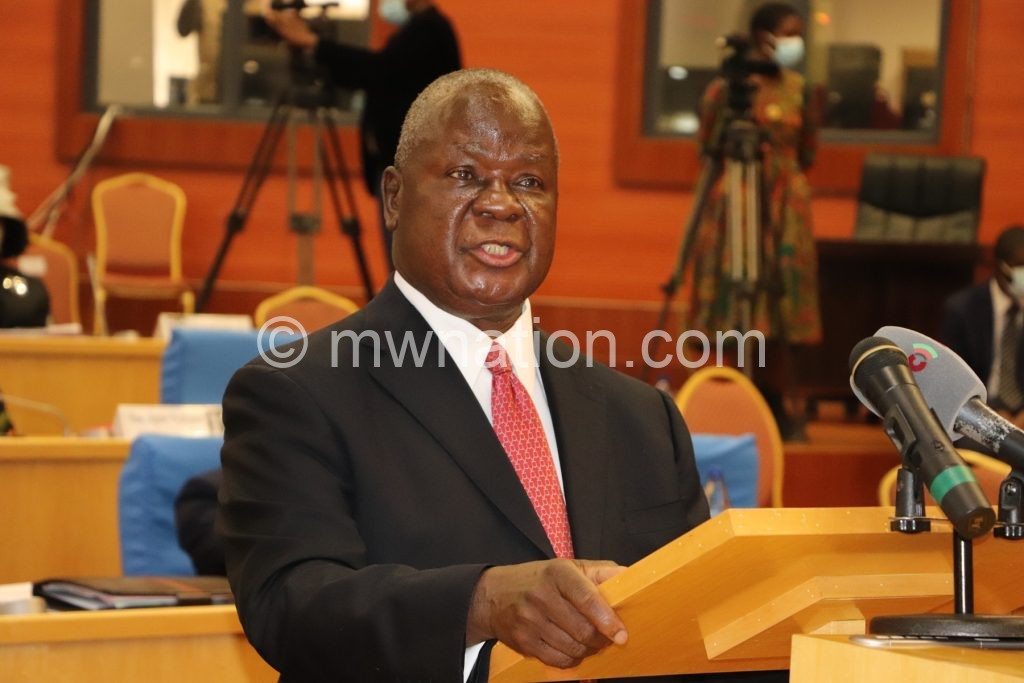Economy dodged recession in 2020
Malawi’s economy escaped a potential recession by a whisker in 2020, registering a growth rate of 0.9 percent, thanks to the robust growth in the agriculture sector, an economist has said.
Ministry of Economic Planning and Development and Public Sector Reforms principal economist Joseph Matola said in Lilongwe on Thursday that the country’s economy was severely battered by the Covid-19 pandemic.

He said this during the 2020/21 National Budget analysis workshop in Lilongwe jointly organised by the Economics Association of Malawi (Ecama), Oxfam in Malawi and the Lilongwe University of Agriculture and Natural Resources (Luanar).
Matola said:“We did not get a recession because of the agriculture sector which grew by five percent in 2020 and in 2021, the sector is also expected to grow by five percent. These are crisis times and we are faced with the choice to save the economy.”
In July last year, the World Bank projected that the domestic economy would drift into recession and contract by 3.5 percent, “should the pandemic extensively spread and turn into a health crisis”.
Minister of Finance Felix Mlusu announced the 0.9 percent growth rate in the Mid-Year Budget Review Statement last month, a downward revision from 1.9 percent growth rate estimate used during the 2020/21 National Budget formulation.
But Matola, who was one of the discussants during the seminar, observed that the major challenge gripping the country’s economy is in form of fiscal sustainability, citing the widening of the fiscal deficit by around nine percent to K810 billion from the approved K755 billion as well as the current high debt to gross domestic product ratio of around 65 percent.
On his part, economist Donasius Pathera, who was the main presenter, projected that by 2022, the economy is expected to rebound to pre-Covid-19 levels.
He said: “Lower government revenues due to lower economic output and increased expenditure due to higher compensation of employees and social benefits will negatively impact debt levels.”
On his part, Reserve Bank of Malawi principal economist Arnold Palamuleni noted that in the 2020/21 fiscal plan, Treasury has little fiscal space as interest repayments alone are claiming 22 percent of the budget, with wages and salaries at 31 percent and pension and gratuities at seven percent.
Responding to some queries, Malawi Revenue Authority researcher Gilbert Kachamba admitted that tax revenue has been affected, especially because demand for both goods and services has shrunk due to Covid-19, citing value added tax.
During presentation of the Mid-Year Budget Statement, Mlusu admitted that the economy continues to suffer from effects of Covid-19.






One Comment